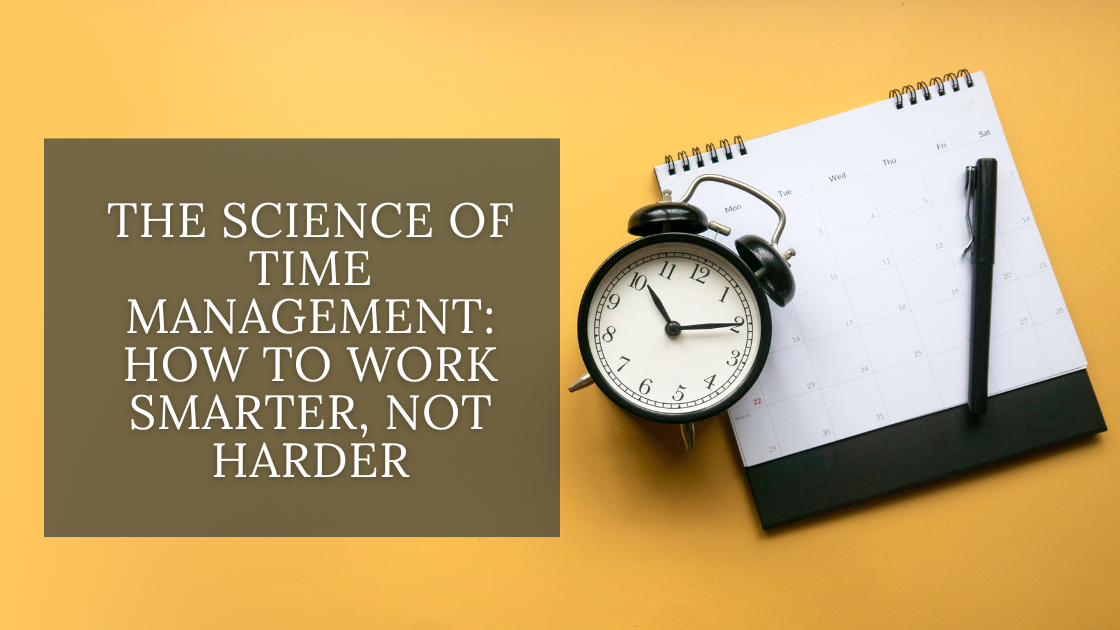Time is one of the most valuable resources, yet it often feels like there’s never enough of it. The key to maximizing productivity isn’t about working longer hours but rather about managing time efficiently. Understanding the science behind time management can help transform the way we work, allowing us to achieve more with less effort.
At the heart of effective time management is the ability to prioritize. Not all tasks hold the same weight, and recognizing the difference between urgent and important tasks is crucial. The Eisenhower Matrix, a popular time management tool, categorizes tasks based on their urgency and importance, helping individuals focus on what truly matters while eliminating unnecessary distractions.
Another powerful strategy is leveraging the concept of deep work. Coined by productivity expert Cal Newport, deep work refers to the ability to focus without distraction on cognitively demanding tasks. In a world filled with notifications and interruptions, carving out time for deep work can significantly enhance efficiency and creativity. This requires setting boundaries, minimizing distractions, and dedicating uninterrupted time to meaningful tasks.
Time blocking is another scientifically backed approach to optimizing productivity. This technique involves allocating specific time slots for different activities, ensuring that each task receives dedicated attention. By scheduling tasks in advance, individuals can avoid multitasking, which often leads to decreased efficiency and increased cognitive fatigue. Instead, single-tasking allows for higher-quality output and faster completion of work.
The Pomodoro Technique is a well-known method that enhances focus and prevents burnout. This approach breaks work into short intervals, typically 25 minutes of intense focus followed by a short break. Studies suggest that taking regular breaks improves concentration and helps maintain consistent productivity throughout the day.
Decision fatigue is another factor that affects time management. The more decisions an individual makes, the more mental energy is depleted. Streamlining routine choices, such as planning meals or outfits in advance, can preserve cognitive resources for more critical decisions. Many successful individuals, including Steve Jobs and Barack Obama, adopted this principle by simplifying their daily choices.
Understanding the body’s natural energy cycles, known as circadian rhythms, can also optimize performance. Energy levels fluctuate throughout the day, making it beneficial to schedule demanding tasks during peak hours and reserve lower-energy periods for routine or less mentally taxing activities. By aligning work schedules with biological rhythms, productivity can be maximized effortlessly.
Leveraging technology wisely can also play a significant role in time management. While digital tools like calendars, task managers, and automation software can streamline workflow, excessive screen time and social media distractions can do the opposite. Setting app limits, using productivity tools, and adopting a mindful approach to technology usage can help maintain focus and efficiency.
Ultimately, effective time management is about working with intention. By prioritizing tasks, minimizing distractions, and aligning work with natural energy cycles, individuals can achieve more in less time. Rather than simply working harder, adopting scientifically proven strategies allows for smarter, more efficient work, leading to greater success and a better work-life balance.
